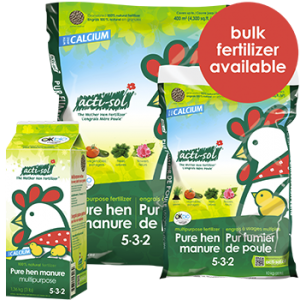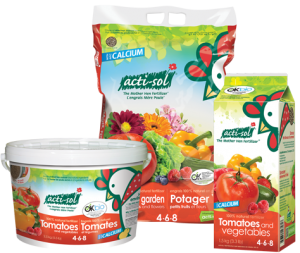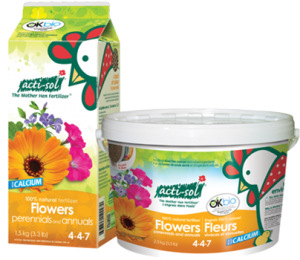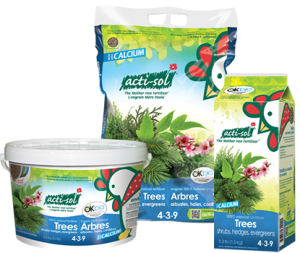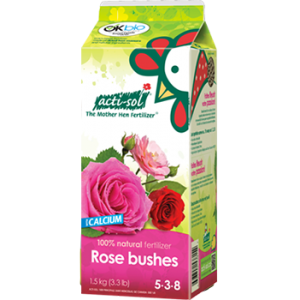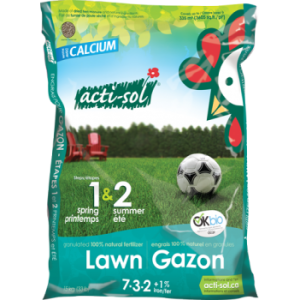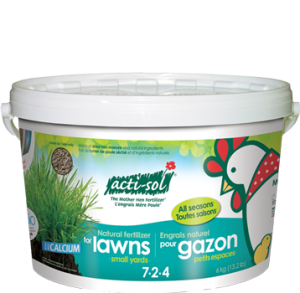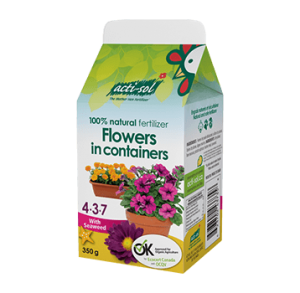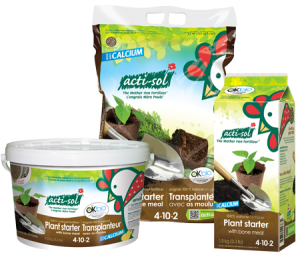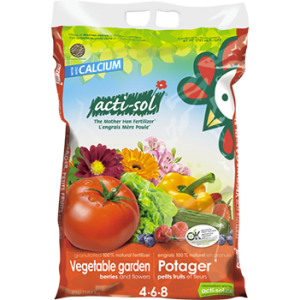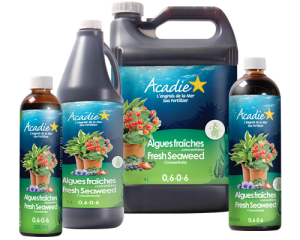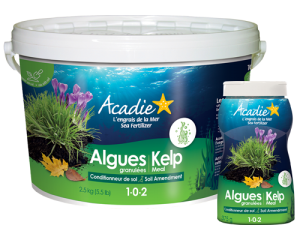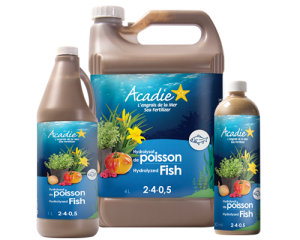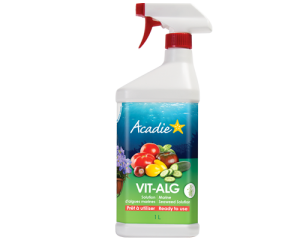Biosecurity
We perform rigorous tests on our fertilizers and keep strict records to ensure they meet the most stringent health and safety standards.
In addition to internal controls, we use the services of external laboratories, including that of the MAPAQ (Quebec Ministry of Agriculture, Fisheries and Food) to validate the safety of our products.
Tight control over diseases
Layer hen manure, like any other natural fertilizer, can be a vector for pathogens. The conversion process developed by Acti-Sol ensures the safety of the company’s fertilizers.
The temperature reached during the granulation process ensures the destruction of any viruses or bacteria likely to be found in poultry droppings.
It should be noted that the raw material comes from family farms where eggs for human consumption are produced. In this type of production, there are very strict safety controls for the prevention of diseases.
Acti-Sol established a system to ensure complete traceability, from the manufacturing plant right up to the consumer.


